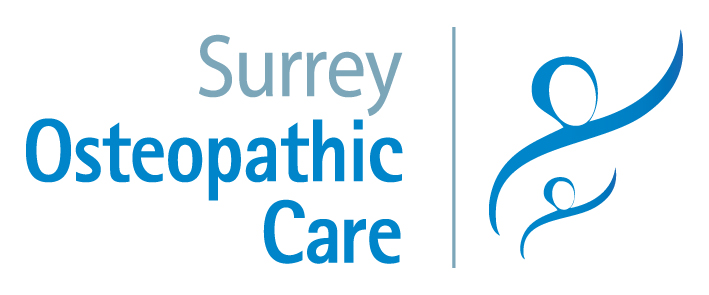The Importance of the Hip in Pregnancy
Hip pain during pregnancy?
During pregnancy a lot of focus is placed on the correct functioning of the pelvis, but people often forget how important a role the hip plays throughout pregnancy and the birth.
When looking at the pelvis it is divided almost halfway down by the hip joint. The hips form two fixed points around which gravity and movement can cause the pelvis to open and close as needed. This helps to distribute the large amounts of downward forces from gravity and the weight of our torso as well as distributing the reactive forces coming up from the ground through the legs. However, this only works properly if the hips are well centered and functioning correctly. If the hip (or hips) is not functioning correctly more pressure will fall onto the organs in the small pelvis, creating congestion and dysfunction.
This is relevant to everyone, however it becomes particularly important during pregnancy when space is at a premium and the ever growing uterus creates an increased blood flow into the pelvis. Because there is a higher rate of blood flow it is important the drainage of the area is efficient, however if there is a problem in one or both of the hips creating dysfunction in the small pelvis this will lead to congestion. This may show up in many ways; dull pelvic pain, changes in bowel or bladder habits, haemarrhoids and even an increase in swelling or varicosities in the legs. These are usually all considered “normal” symptoms of pregnancy, however much can be done to try and improve, if not prevent these from happening.
The drainage of the pelvis not only relies on good force distribution through the hips but also relies on some more structural effects that the hip has during movement. In the picture below you can see the obturator membrane which forms part of the outside wall of the pelvis. This helps to protects some of the vital pelvic organs such as the bladder and uterus. Onto this membrane is attached one of the main supporting ligaments of the hip joint (transverse acetabular ligament). When you walk and move you engage this membrane causing it to stretch and relax. This creates a rhythmic suctioning on the small pelvis and helps to aid drainage.
As already mentioned correct functioning of the hip is crucial for everyone, but becomes particularly important during pregnancy, in order to help aid drainage from the pelvis and to try and prevent any of the symptoms that are linked to pelvic congestion. Making sure that you incorporate regular movement into your daily routine is helpful; rocking the pelvis from side to side when standing will help to activate the muscles around the hip, sitting on a swiss ball instead of a chair will again make sure you are using these muscles regularly and of course make sure you are walking around as much as possible. Other forms of exercise such as swimming and ante-natal yoga can also be helpful. I
Pain Relief During Pregnancy
If you are suffering from any of the above mentioned problems it is always worth seeking advice from a physical therapist who is experienced in treating during pregnancy. The earlier you can get help the better.
At Surrey Osteopathic Care we specialise in all things perinatal and have helped hundreds of women throughout their pregnancies to reduce their discomfort and move better in preparation for birth. To book an appointment just click here


